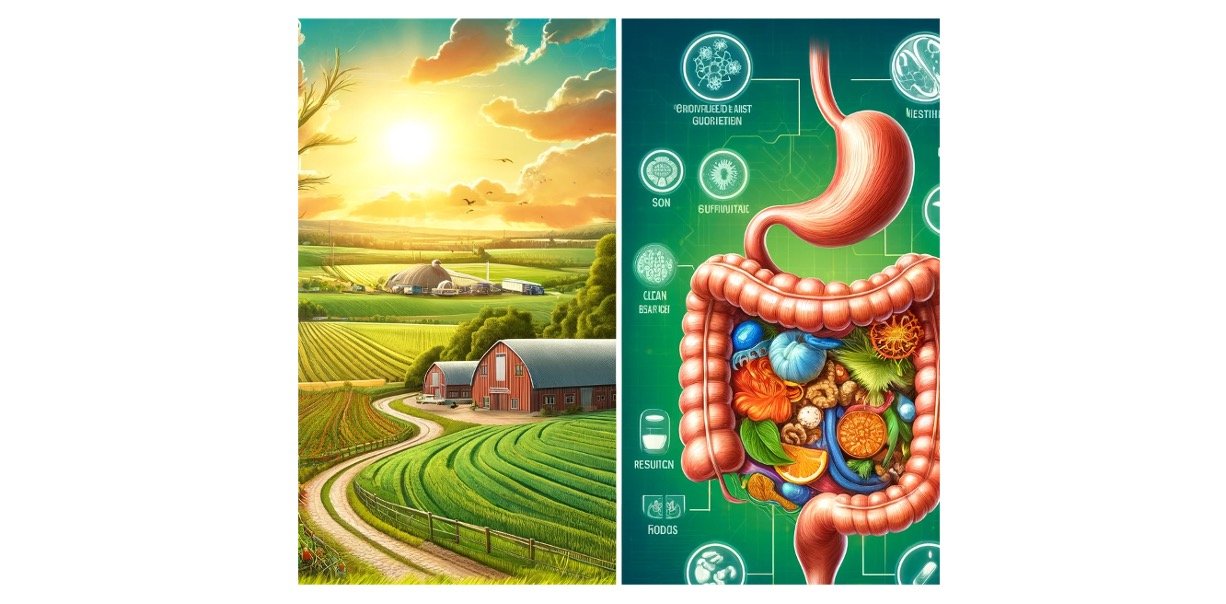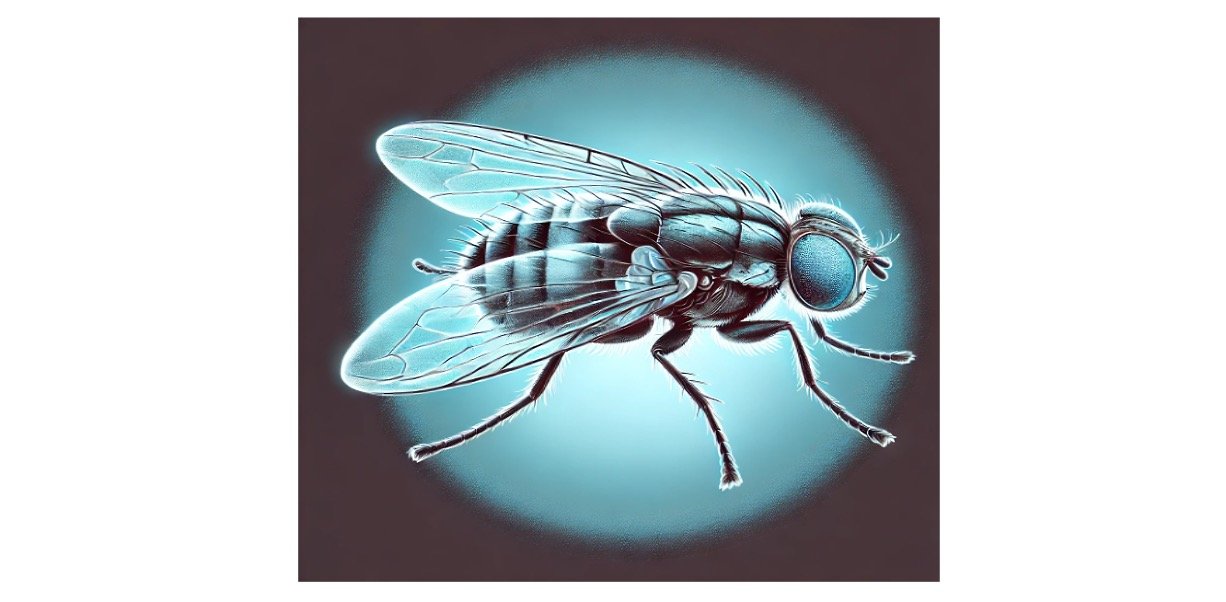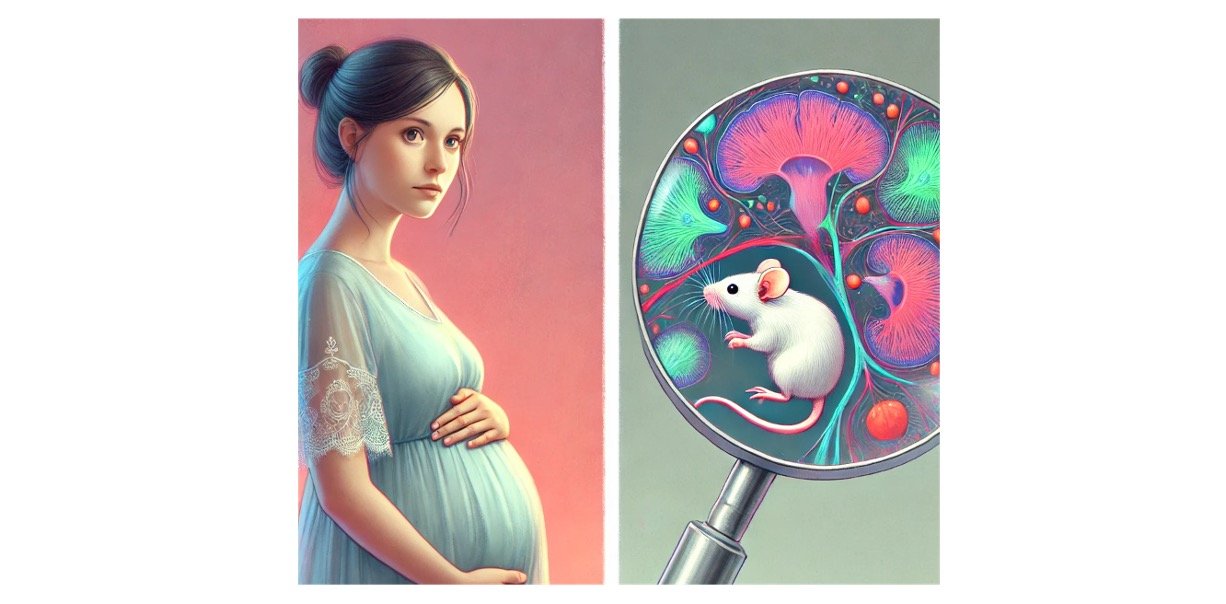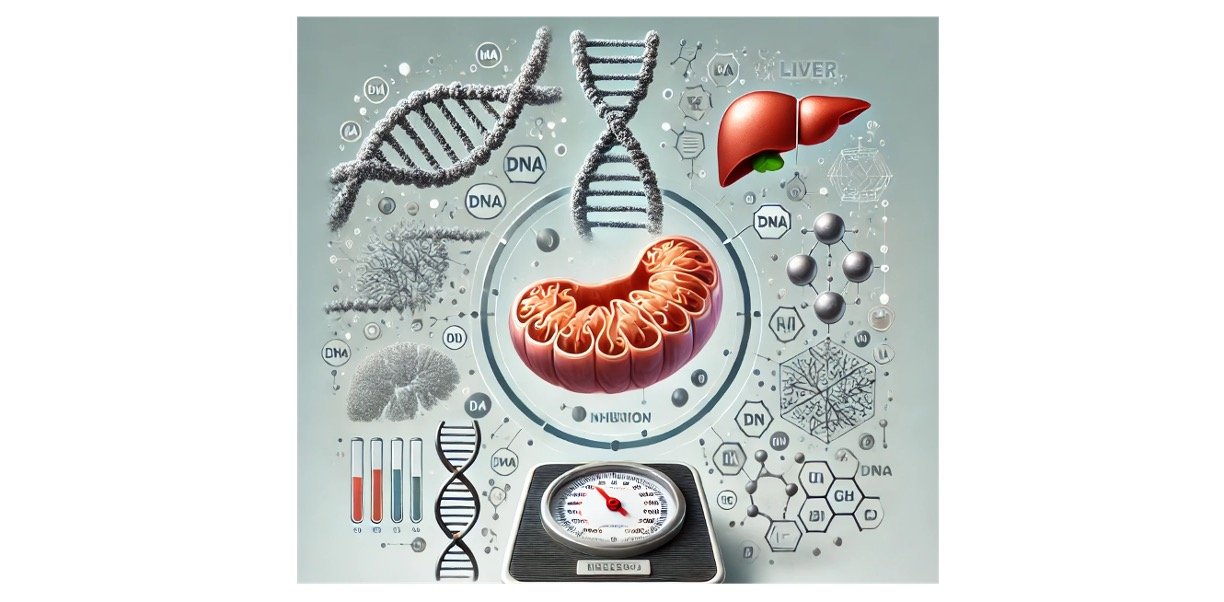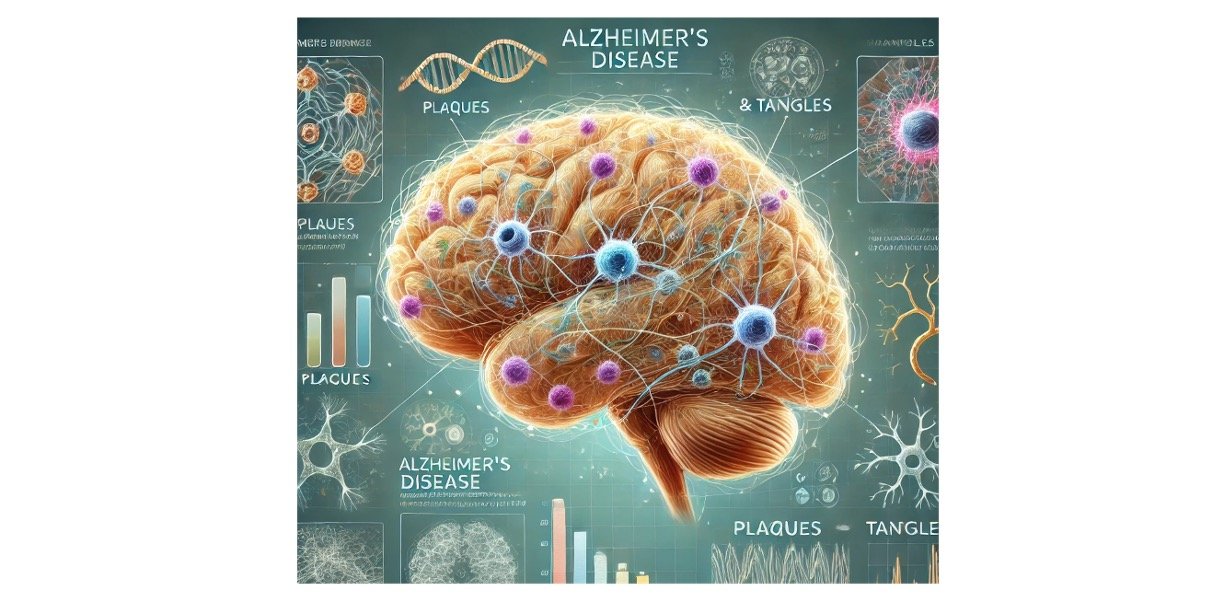What is Parsonage Turner Syndrome?
Parsonage Turner syndrome is also called as branchial neuritis. It is one type of neurological disorder which causes sudden severe pain in the upper arm and shoulders.
Parsonage Turner Syndrome also causes weakness of the muscles in the area of shoulder, arm, forearm or hand which leads to severe pain that’s lasts for days to week.
Parsonage Turner Syndrome condition often occurs due to the damage or cramps in the network of nerves which is passed from spine through the neck regions.
Parsonage Turner Syndrome also leads through the areas of armpits and passes down through the arms.
This network is commonly called as brachial plexus damage to these nerves results in weakness of muscle tone.
Parsonage Turner syndrome was frequently misdiagnosed to cervical radiculotheraphy and also with cervical spondylosis in some cases.
Branchial Plexus
Before knowing about parsonage Turner syndrome, it is important to know about branchial plexus these are the group of nerves which passes from a spinal cord and passes down to the neck along the braid side with the collar bone.
These nerves play an important role in controlling the branchial plexus, movement of the shoulders and arm, elbow, wrist and fore arm which feels a severe painful sensation throughout the arms and shoulders.
These nerves are generally categorised into three regions namely upper trunk, middle trunk and lower trunk which is present in the neck region.
Cause of Parsonage Turner Syndrome
The person affected with this condition shows a muscular pain often arising from his shoulders to the neck region.
It also results in other abnormalities such as severe sharp pain throughout the mid night it also lasts throughout the night time and it lasts for a maximum of 24 hours.
On unusual times it may also occur in the wall of the chest muscles and on the shoulder blades and other irritations in the chest regions which leads to abnormal strokes and makes the muscle tone of the individual very weak.
In some cases, it also results in involvement of leg and head (cranial) muscles which also has a higher risk of severe head take. The weakness of muscles is often referred to as atrophy.
Features of Parsonage Turner Syndrome
Parsonage Turner Syndrome is most common in both the sexes where both males and females get a chance of getting this condition.
The disease rate ranges from young to middle age groups and even in adults. It occurs one in 10,000 people.
It is traditionally considered as one of the autoimmune diseases as it paves a path of weakness in its own muscle due to some abnormal conditions in their muscle tone throughout the shoulder and neck regions.
It is also considered as one of inflammatory and immunological response of a tissue to the symptoms arising in our body.
The major cause for this syndrome is not yet found till now as it is being a critical issue to state the type of this disease. However, scientists categorised several theories regarding it.
In some cases, few people report that they are subjected to this syndrome after they are suspectable to any virus or other such infections.
It is still unclear whether it is due to the reduced immunity after such infections or else whether the virus tiggers this infection.
It is also recently found that Patronage Turner Syndrome is found after the infection of COVID-19 in few cases. In such cases half of them got this syndrome after vaccination.
It also occurs when we are injured to our shoulder when they met with crash or accident and suspected to trauma.
It also occurs due to the presence or occurrence of cancer cells. It also causes when our immune systems fall very low or faulty immune system or due to other rheumatologic or autoimmune disorders. This syndrome may also be hereditary.
Types of Parsonage Turner Syndrome
There are two stages of Parsonage Turner Syndrome. The first stage is referred to as acute phase and the second phase is known as Chronic phase.
In acute phase the pain is most severe and in the chronic phase the severity is very less. In few cases this syndrome is caused due to genetic disorders.
Symptoms of Parsonage Turner Syndrome
In this condition the people suffer from severe pain in the particular location. The duration and severity of pain varies accordingly.
The other common symptoms of this syndrome are sudden sharp aching and burning of that particular locations and stabbing pain in rare cases. Pain also extends throughout the neck, arm, and along the fore hands, which in rare cases may extend throughout the legs.
Pain is worse at the times of evening and at midnights. Muscle weakness in the shoulder and neck ranges from days to weeks.
The weakness can be mild, severe or in some cases it can also leads to paralyzing and in some cases, it also causes problems with reflexes, which leads to partial dislocation of joints in the shoulder which results in abnormal range of movable joints especially in winged scapula.
Sometimes shortening of muscles or tendons may occur and also causes shortness of breath and lot of sweating and also hands have spots in colours of red or purple and sometimes it also causes swelling.
Diagnosis of Parsonage Turner Syndrome
The most performed diagnosis includes electromyography which helps in testing the muscle strength, flexibility and reflexes.
This test usually consists of two stages. Where as in the first stage of this treatment the nerves are shocked in a controlled manner and the appropriate responses are measured.
In this stage of diagnosing tiny needles are kept inserted in various part of the muscle. And the electrical activity of muscles which are at rest are measured.
At this stage EMG is used to determine the nature, location and severity of muscle damage. This test usually takes two one to two hours to get completed.
Parsonage Turner Syndrome Treatment
Generally, treatments help to control the symptoms and however after months and years it helps the individual to cure and get relieve from those severe pains.
Parsonage Turner Syndrome Citations
- Phrenic Nerve Involvement in Neuralgic Amyotrophy (Parsonage Turner Syndrome). Sleep Med Clin . 2020 Dec;15(4):539-543.
- Brachial plexitis or neuritis? MRI features of lesion distribution in Parsonage Turner syndrome. Muscle Nerve . 2018 Sep;58(3):359-366.
- MRI Appearances of Parsonage Turner Syndrome. J Coll Physicians Surg Pak . 2019 Nov;29(11):1127-1128.
- Parsonage turner syndrome associated with SARS-CoV2 (COVID-19) infection. Clin Imaging . 2021 Apr;72:8-10.
Share

